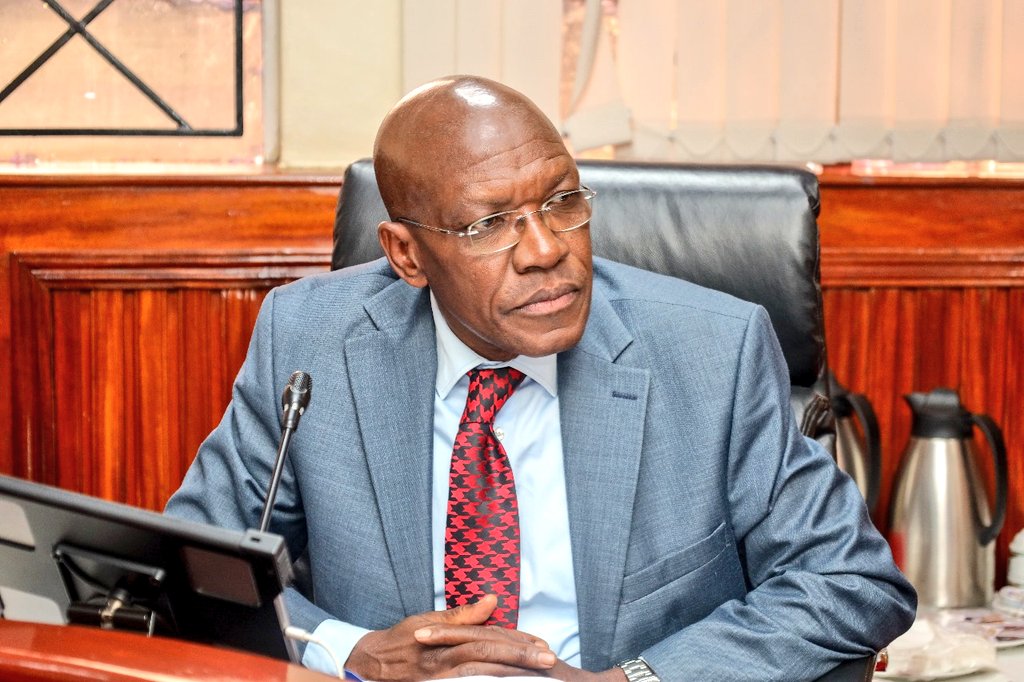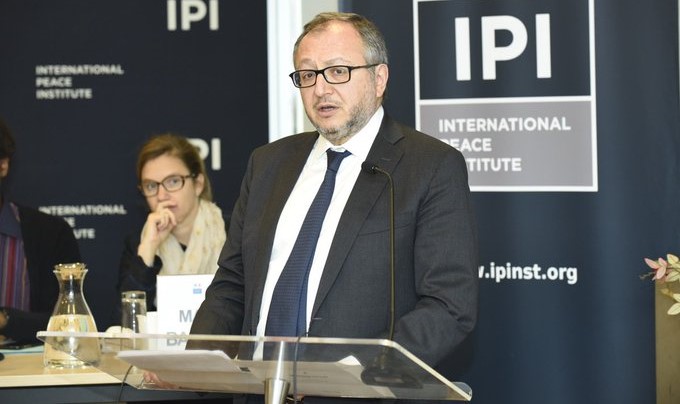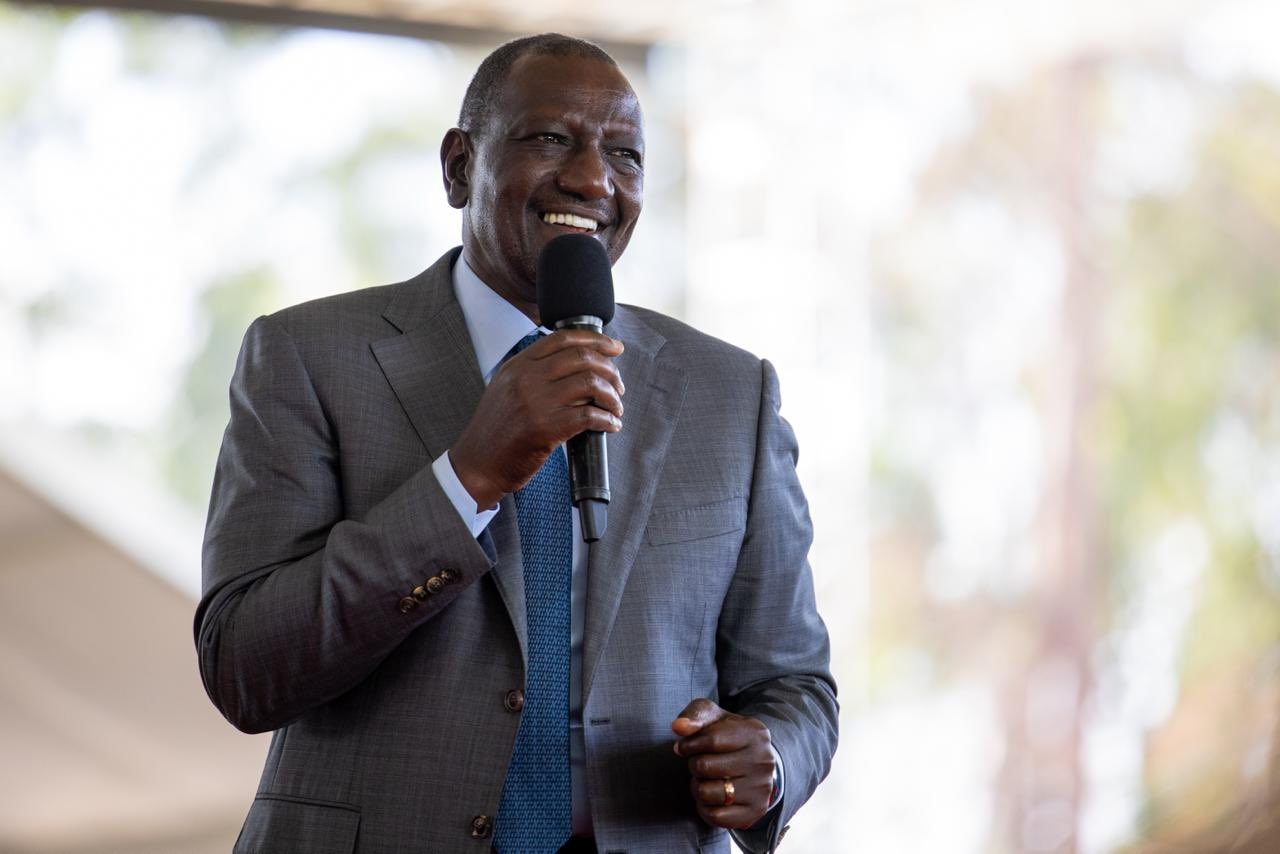Conflicts in DRC and Sudan expected to overshadow deliberations at African Union summit
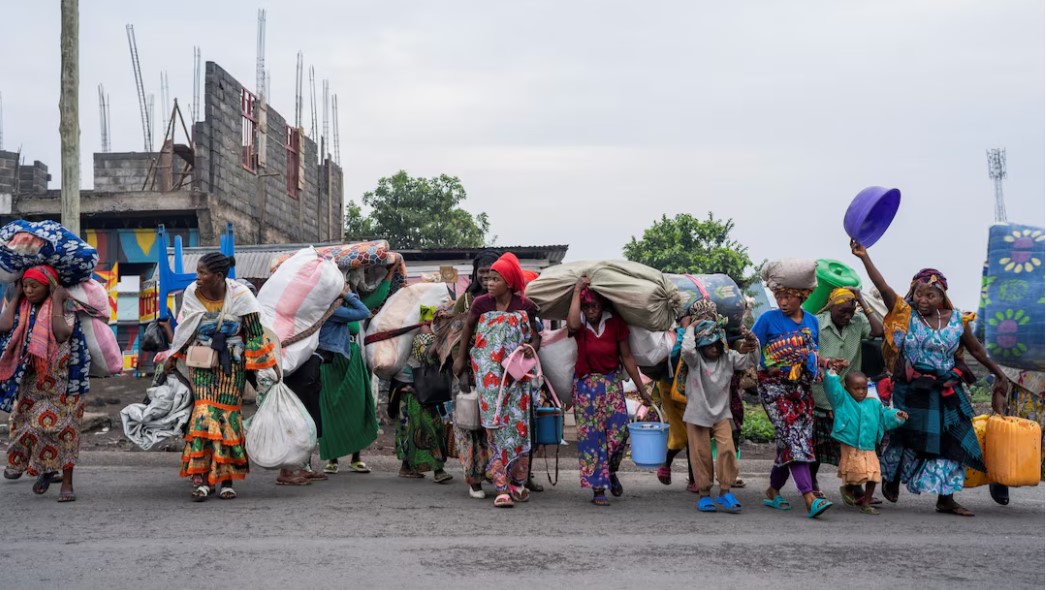
African Union analyst Emmanuel Bensah told DW from Accra, Ghana, that it is crucial that African leaders attending the summit in Addis present concrete solutions to these prevailing conflicts.
The ongoing conflicts in Sudan and the Democratic Republic of Congo (DRC) are expected to overshadow deliberations by African leaders this weekend when they gather in Addis Ababa for the 38th African Union Summit.
"For us to achieve our [sustainability] targets of 2063, we need to sort out all our troubles and make Africa a better place free of conflicts," Tete Antonio, Angola's foreign minister, told reporters at the AU headquarters in Addis Ababa.
More To Read
- Sudan army makes major gains in South Kordofan, retakes key villages from SPLM-N
- Sexual violence driving mass flight from Sudan to South Sudan: What you need to know
- Sudan signals willingness to coordinate with UN despite ongoing RSF clashes
- Wave of coups in Africa: What President Paul Kagame thinks
- DR Congo, Rwanda leaders to sign peace deal in US
- African Union suspends Guinea-Bissau over coup
The civil war in Sudan has been plaguing much of the continent for almost two years, with the Sudanese military government pitted against the paramilitary Rapid Support Forces (RSF).
The conflict has created the worst humanitarian crisis in the world, according to the AU, with an estimated 12 million people displaced, and hundreds of thousands of children now suffering malnourishment as a result of the war, according to the AU as well as UN
While the Sudanese army controls the east and the north of the country, the RSF has made gains across most of the Darfur region, which already is in a dire state after the civil war ended there five years ago, which cost 300,000 lives, according to UN estimates.
"We must stop the war in Sudan because it affects us all. Currently, South Sudan, Ethiopia, Egypt and Chad are all hosting thousands of refugees. A war in Sudan is also a war in the Horn of Africa," African Union Commissioner for Political Affairs, Peace and Security Bankole Adeoye said ahead of the summit.
Meanwhile, Kabir Umar Musa Yandaki, a political science lecturer at the Umaru Musa Yar'adua University in Katsina, Nigeria told DW that the AU's ongoing efforts to resolve the Sudanese conflict need consolidation, stressing that "the success of this process will depend on the active support of all Sudanese actors".
Deepening conflict in DR Congo
At the same time, the conflict in DR Congo, where M23 rebels captured Goma, the capital of the North Kivu province, in late January, is also a key talking point at the summit.
The violence there has resulted in the deaths of more than 2,700 people. Independent observers say that number could be much higher.
As violence continues to surge in eastern Congo, the displacement of civilians also grows, with over 7 million people having to flee their homes across the country, including close to 3 million in North Kivu alone.
Just in the past three months, nearly 800,000 people were displaced in the DRC, according to numbers from the International Rescue Committee.
African Union analyst Emmanuel Bensah told DW from Accra, Ghana, that it is crucial that African leaders attending the summit in Addis present concrete solutions to these prevailing conflicts, highlighting that "the biggest one at the moment is the DRC, the M23 rebels and so on."
Bensah added the recent joint summit of the East African Community (EAC) and Southern African Development Community (SADC) on DRC shows how important the crisis is to African leaders.
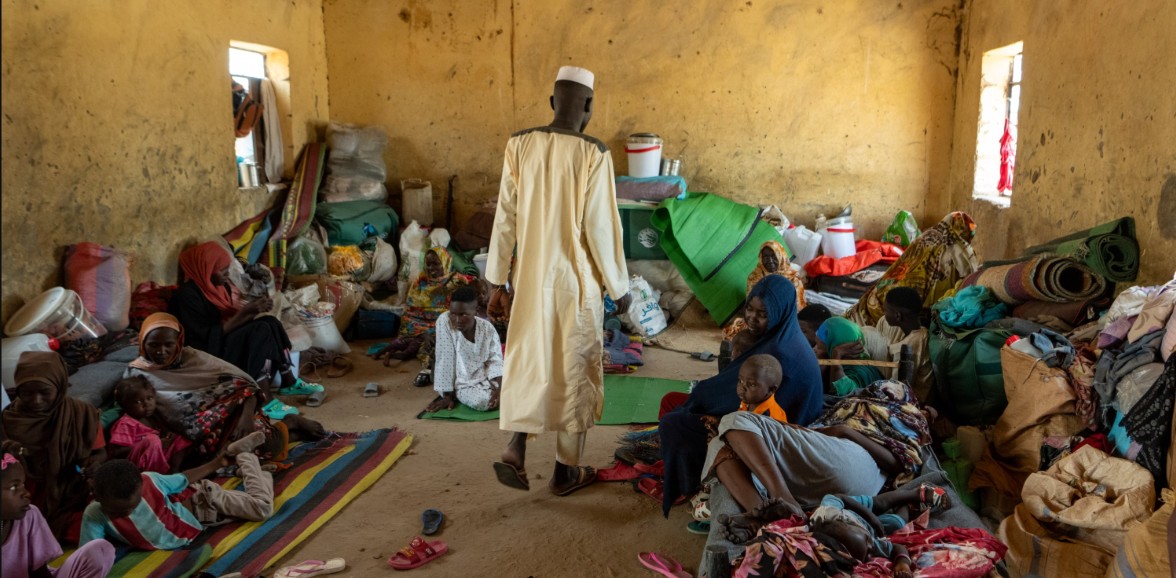 Displaced Sudanese refugees in White Nile State. UNHCR and 33 international and national partners have launched the 2025 Sudan Country Refugee Response Plan. (Photo: X/Kristine Hambrouck)
Displaced Sudanese refugees in White Nile State. UNHCR and 33 international and national partners have launched the 2025 Sudan Country Refugee Response Plan. (Photo: X/Kristine Hambrouck)
The push for reparations
Another major theme for this weekend's summit will be a renewed focus on reparatory justice and racial healing in Africa.
Leaders attending the AU event are expected to reflect on "Justice for Africans and People of African Descent Through Reparations", which is the theme of the 2025 summit.
In a statement, the African Union said, "the scope of this conversation goes beyond historical injustices and into the current fabric of societies around the world."
At the 37th Ordinary Session of the AU held in February 2023, leaders from across the continent decided that pursuing justice and equity for Africans and all people of African descent across the globe should be a major policy issue.
"The complexities of addressing past wrongs, whether they stem from colonialism, trans-Atlantic enslavement, apartheid or systemic discrimination, necessitate a thorough examination and strategic approach," the bloc said in a statement.
"Reparations as the theme of the year will further drive momentum generated over the years," the statement further said.
Sustainability in Africa: Agenda 2063
Bensah said he expects the leaders to also highlight other relevant social and humanitarian issues beyond the issue of reparations, including health and agriculture.
"The AU is set to establish a new agency which is called the African Humanitarian Agency in Kampala, Uganda. It is supposed to start looking and identifying key technical people who can run it," he told DW, expressing hope that leaders at the event will treat this issue as a matter of priority.
Yandaki agrees that other issues must also feature as matters of priority, such as the continent's economic growth and strengthening its global influence.
"The leaders are expected to make some important decisions and commitments during the summit, especially on issues like advancing Africa's development agenda, promoting peace and security," he said.
Yandaki added that he expects leaders to also focus on accelerating the implementation of Agenda 2063, the AU's blueprint for achieving inclusive and sustainable development in Africa.
Electing a new AU Commission chairperson
Another major event to take place at the summit this weekend is the election of a new African Union Commission chairperson.
Djibouti's Mahamoud Ali Youssouf, Madagascar's Richard Randriamandrato and Kenya's Raila Odinga are the three men vying for the top diplomatic seat.
Odinga, 80, previously served as the AU's High Representative for Infrastructure and is also Kenya's former prime minister.
Youssouf, 59, has been serving as his country's chief diplomat for just as long.
At 56, Randriamandrato is the youngest contender in the race as Madagascar's former foreign minister.
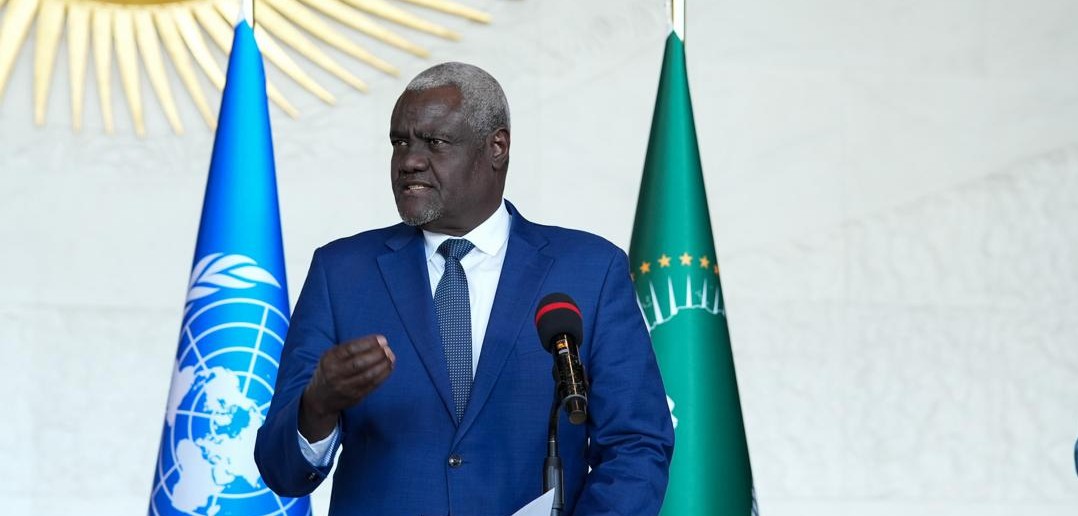 Moussa Faki, the outgoing AU Commission chairperson. (Photo: X/Moussa Faki)
Moussa Faki, the outgoing AU Commission chairperson. (Photo: X/Moussa Faki)
Bensah says that among the three candidates, Odinga appears to be the front-runner because of his vast leadership footprint across Africa.
"People question his age and what he would be able to bring to the AU chairperson given his age and (that) we need a more youthful leader, but I don't always seem to think that youth alone is enough," he opined.
Yandaki meanwhile said whoever wins the race must prioritise the enaction of new structures at the commission that deliver efficiency and fight corruption.
"The current structure at the commission has been criticized for inefficiencies," he highlighted, adding that without key reforms, the new chairperson will struggle to deliver on the requirements of the role's mandate.
Top Stories Today
